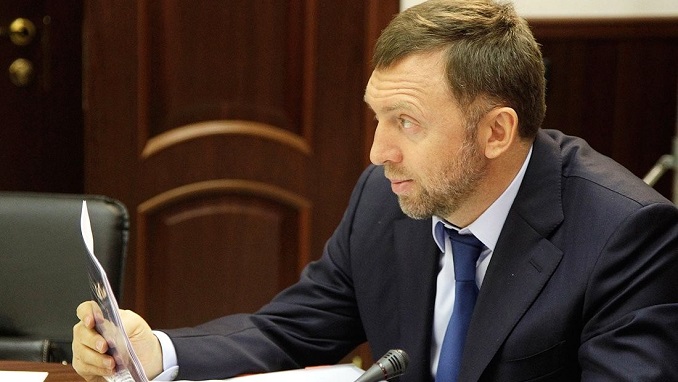Russian billionaire Oleg Deripaska rejects the U.S. Treasury Department’s response to his legal challenge to American sanctions, as “poorly researched,” the BBC in Russian reports.
The Treasury’s Office of Foreign Assets Control (OFAC) published a so-called evidentiary memorandum explaining the sanctions against Deripaska and his companies. It said the tycoon sometimes acted in support of Russian President Vladimir Putin and was involved in the energy industry.
Metals magnate Deripaska sued the U.S. Treasury and Secretary Steven Mnuchin in March, claiming $7.5 billion in damages and asking a federal judge to lift the restrictions. He denies the Treasury’s allegations.
“Both claims are patently false,” Deripaska’s press service said in a response to the memorandum.
The billionaire and founder of aluminum giant, United Co. Rusal, was among the most prominent tycoons hit with sanctions by President Donald Trump’s administration last year, following the passage of a law to retaliate against Moscow for its meddling in 2016 U.S. elections.
While OFAC cites a decade-old story in weekly U.S. magazine The Nation, saying that Deripaska’s purchase of an aluminum plant in Montenegro was part of a plan to increase Russian influence, the tycoon’s press service said the Balkan nation’s government proposed the acquisition.
The evidentiary memorandum was included in 160 pages of documents filed by the U.S. in the case as part of the administrative record.
Deripaska’s press service also said that OFAC cites a 2007 Financial Times interview, where his comment — “I don’t separate myself from the state” — was taken out of context. The billionaire was explaining to the newspaper why he chose to stay in Russia in terms of his attachment to his homeland, according to the press service. Its statement also confirmed Deripaska had a diplomatic passport as a Russian member of the APEC Business Advisory Council.












